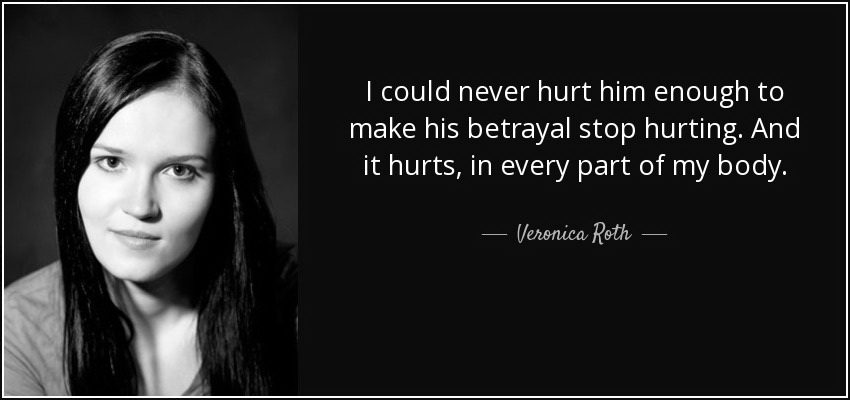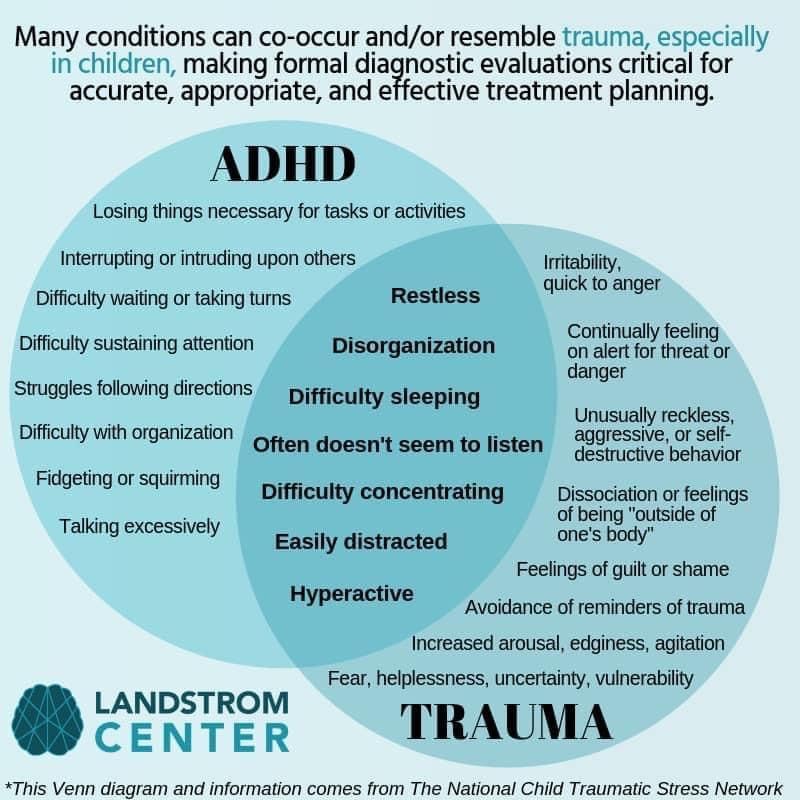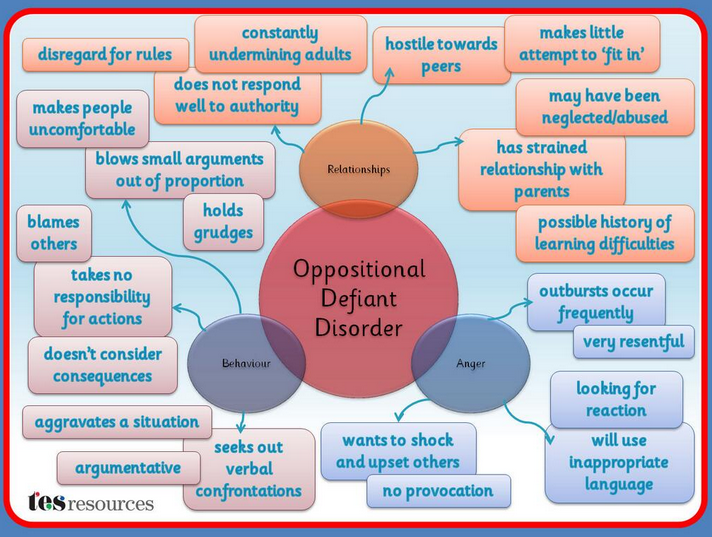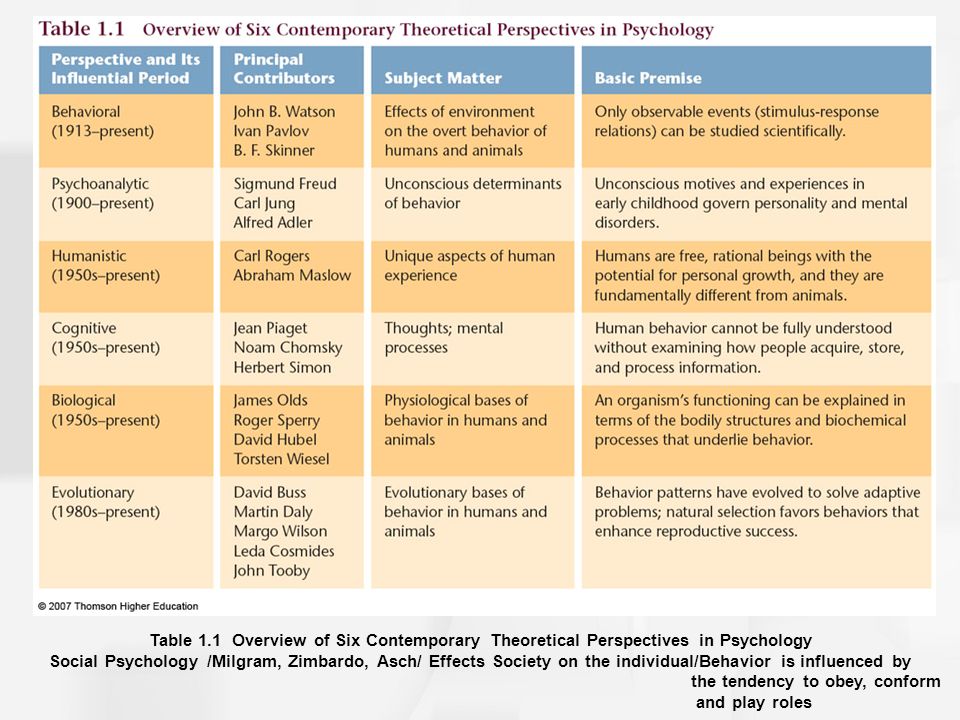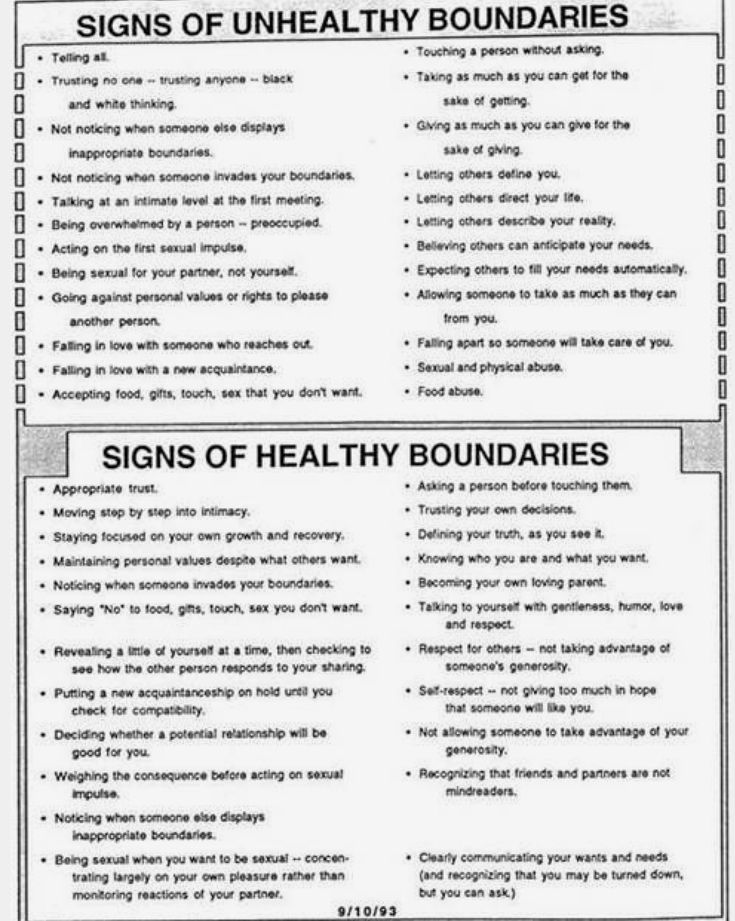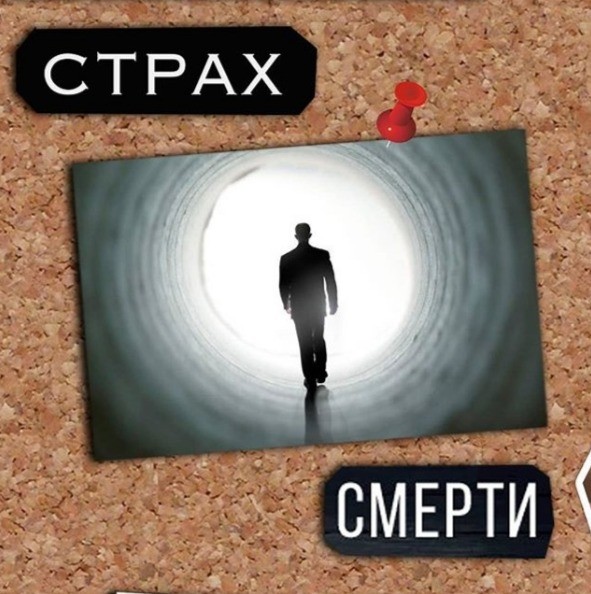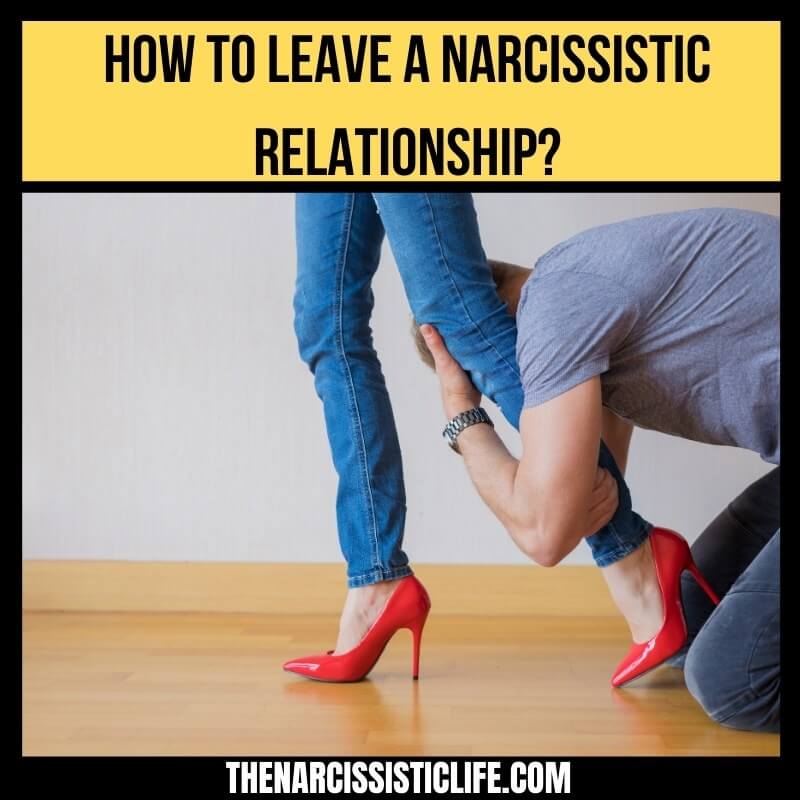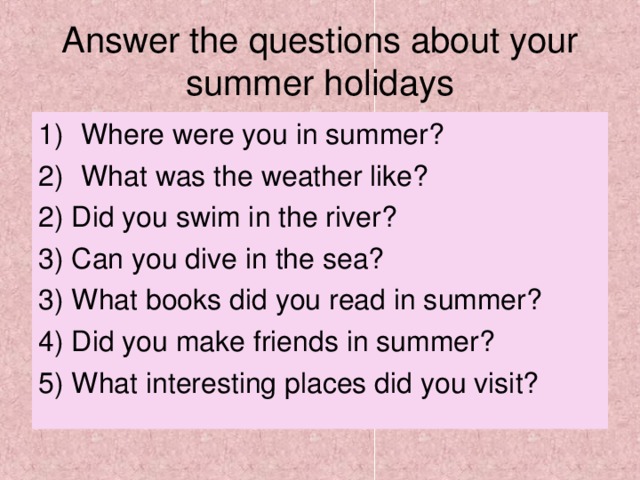If we learn nothing else from this tragedy
"If we learn nothing else from this tragedy, we learn that life is short and there is no time for hate.” Sandy Dahl, wife- Flight 93 pilot Jason Dahl
I had an exhausting, exhilarating, depressing, and uplifting 3 days this past week. I know that my listed adjectives are opposites, but those four words describe all 3 days perfectly.
I spent Wednesday, Thursday, and Friday (9/11) as a reporter for The Total Education Network at the Flight 93 Memorial and newly opened Visitor's Center in Shanksville, PA. I was with my former student and now colleague Jill Cueni-Cohen, who is a journalist and writer for many different papers and magazines. I have not written as a journalist since college, but as an English teacher, I did not forget the importance of making connections during an interview.
As a result of spending these 3 days at Shanksville, I am a changed person.
I want to tell you what I learned during those 3 days. Everyone has a story, and sometimes their pain is so great, that they need to tell the story over and over again to make it be real, even if they do not want it to be real. Such was the case of the family members who survived, and who must deal forever with the loss of their child, husband, wife, friend, son, daughter, brother, sister, aunt, or uncle every day. Jill and I were fortunate to spend many hours interviewing first responders, family members, clergy, and townspeople. We listened to them, cried with them, and bonded with them. Covering Flight 93 on the anniversary of 9/11 was an experience unlike any other in my lifetime. I know this will not be my only blog about this 3 day experience.
Although this blog is called LESSONS LEARNED FROM THE BUNNY TEACHER, today, the Bunny Teacher would like to share a few of the lessons with you that she learned this week.
First, the pain of 9/11 will never go away for anyone who experienced that terrible day. The new Visitor's Center has a DVD of the events of the morning of 9/11/2001 running continuously. Clips of the reports from FOX news, CBS, ABC, and NBC take each visitor right back to those moments of shock and surprise and confusion on that beautiful Tuesday morning of September 11, 2001. A clip of President Bush's reassuring voice is heard as well, and the visitors and media who watched this were all mesmerized; it was as though we were back on 9/11/2001, and we could not unglue our eyes from watching the horrors on the TV screen.
A clip of President Bush's reassuring voice is heard as well, and the visitors and media who watched this were all mesmerized; it was as though we were back on 9/11/2001, and we could not unglue our eyes from watching the horrors on the TV screen.
Second, people really NEED each other - even strangers - to discuss and share their feelings and memories about this terrible day in our nation's history. The pain, anxiety, and confusion are still too much to bear alone. The visitors we saw and talked with were sharing their personal stories about where they were that day, and how the terrorism of 9/11 forever impacted their lives. Talking, listening, and sharing do not eradicate the pain, but somehow it becomes easier to deal with when shared with a friend or stranger. This was the case as a huge group of strangers unfurled and then folded the Flight 93 Heroes' Flag together, and we shared our feelings and our agony which we still carry with us.
Third, it is important to remember those innocent and courageous individuals who lost their lives that day.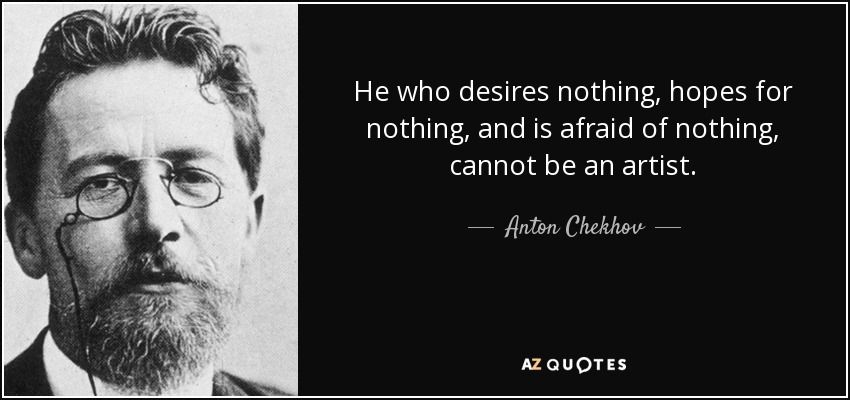 It was an ordinary day, and some of the 40 passengers on Flight 93 became extraordinary heroes when they tried to commandeer the plane to prevent it from hitting a target in Washington, D.C. It is an overwhelming thought to ask yourself if you would have done the same. I do not know how I would have reacted, personally, but I honor each of those who saved so many other lives by sacrificing their own.
It was an ordinary day, and some of the 40 passengers on Flight 93 became extraordinary heroes when they tried to commandeer the plane to prevent it from hitting a target in Washington, D.C. It is an overwhelming thought to ask yourself if you would have done the same. I do not know how I would have reacted, personally, but I honor each of those who saved so many other lives by sacrificing their own.
Although it was difficult and painful to be there, and I cried many times, especially when listening to the final voice messages left by the victims of Flight 93 for their loved ones and when interviewing family members, I was also exhilarated and proud of being an American. I was glad that i could share this experience with so many strangers, who became trusted friends and confidantes during our brief encounters on this unique and hallowed ground. We all became one person in our love for our country and our pain at such tragic losses.
Everyone has a story. Sometimes listening is so much more important than talking.
Jill Cueni-Cohen has written a book about 9/11- different from any other books about that day. The title is LIKE IT WAS YESTERDAY, and it is avaialble atwww.jillbooks.com
Rittman Publishing, LLC ®
Connect with Dede!
Twitter @dederittman
Periscope @dederittman
Facebook Dede Faltot Rittman or Rittman Rules
LinkedIn Dede Rittman
Google + Dede Rittman
Tumblr The Bunny Teacher
Instagram dede_rittman
Pinterest Rittman Publishing, LLC
Visit Dede's webpage for complete details on her award-winning book, STUDENT TEACHING: THE INSIDE SCOOP FROM A MASTER TEACHER
www.dederittman.com
Dede is the co-host of The Total Education Q & A, which can be heard on Blogtalk Radio at
http://www.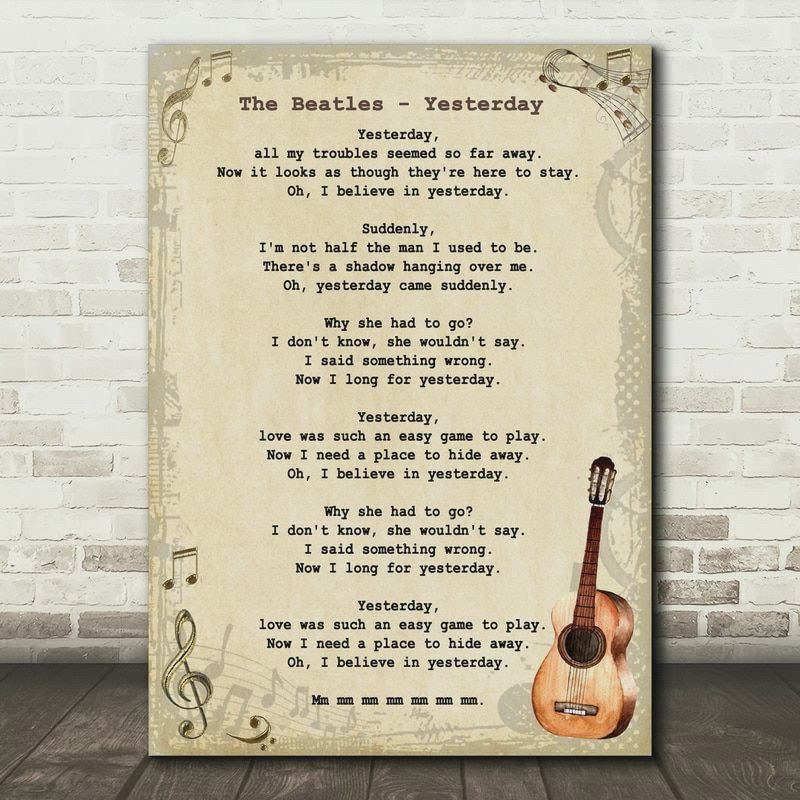 blogtalkradio.com/totaltutor
blogtalkradio.com/totaltutor
Dede could really use your financial help to make her dream of helping kids who need glasses come true. Please visit http://www.gofundme.com/zvzhuk for complete details about her upcoming book GRADY GETS GLASSES!
Quote of the Week -
1
LoveShare
9/11 Life Lesson No Time For Hate: Quote of the Week
Never Forget: Lesson Learned from 9/11 Tragedy
This week’s inspirational quote of the week stems from the 9/11 terrorist attack on America and the life lesson learned from that horrific day. This is one tragedy Americans will never forget and reminds us that life is short Nineteen years later we must sadly add COVID-19 to this list as a terrorist attack on the nation like no other in world history. Labor Day is a time to remember our workers and heroes, and the upcoming 9/11 attacks.
“If we learn nothing else from this tragedy, we learn that life is short and there is no time for hate.” — Sandy Dahl, wife of Flight 93 pilot Jason Dahl, in Shanksville, Pennsylvania, in 2002
September 11 Memorial & Museum
The September 11 Memorial & Museum will reopen September 12th with new health and safety measures in place and ongoing operational changes to ensure a safe Museum experience.
The Museum tells the story of 9/11 through artifacts, imagery, personal stories, and interactive technology. Learn about the core exhibitions, special exhibitions, and rotating displays in the Museum’s 110,000 square feet of space.
We will NEVER FORGET the terrorist attacks of September 11, 2001 nor the thousands of lives lost, nor the heroes of 9/11. The new decade throws another terrorist attack on our country and the world in the form of an invisible enemy — COVID-19. The pandemic continues to attack human lives with the current number of deaths at () nationally. Life is too short and we must remember the 9/11 lesson learned from that fateful day. There is no time for hate — especially now! — Abbe is Socially Sparked®. — Tweet us @sosparkednews & @asparks01
Life is too short and we must remember the 9/11 lesson learned from that fateful day. There is no time for hate — especially now! — Abbe is Socially Sparked®. — Tweet us @sosparkednews & @asparks01
Featured image is available through Creative Commons — Attribution-NoDerivs 2.0 Generic — CC BY-ND 2.0
Tags
Sandy Dahl New York City World Trade Center 9/11 Tribute Lights Labor Day So Sparked Quote of the week Advocacy inspirational quotes COVID-19 9/11 September 11 Memorial & MuseumThe Author
Abbe Sparks
Abbe Sparks is the Founder of Socially Sparked News. A social entrepreneur, she is a social media and content influencer who has been igniting the sparks promoting the entertainment, music, tech & advocacy sectors for over 25 years as the Chief Igniter of Abbe Sparks Media Group. A member of US Press Association, she has written for many digital and print publications including her former column 'Abbe's Sparks' for RFPalooza. You can also find her stories on Medium, Tumbler & LinkedIn an in magazines as the UK's "Blues Matters" and "Big City Rhythm & Blues". Socially Sparked News is her labor of love. Email Abbe @ https://[email protected]
You can also find her stories on Medium, Tumbler & LinkedIn an in magazines as the UK's "Blues Matters" and "Big City Rhythm & Blues". Socially Sparked News is her labor of love. Email Abbe @ https://[email protected]
Final essay-2021. Direction "Civilization and Technology: Salvation, Challenge or Tragedy?"
Text: Olga Lapenkova
This direction of topics for the final essay is similar to last year’s “Time of Changes”: at that time, eleventh-graders were asked to reflect on what fundamentally new challenges humanity faced at the beginning of the 21st century — and how to respond to these challenges. This year, the Ministry of Education spoke more specifically - and urged to speculate specifically about technology. It is likely that such an idea was born after the coronavirus epidemic broke out in March 2020 and hundreds of millions of people around the world were forced to study and work remotely.
It would seem that what is bad: you sit at home and do business! You no longer need to get to school, institute or office in a downpour or pouring rain, push around in transport, moreover, at the risk of oversleeping your stop . .. No need, again, to spend money on this very transport - and come face to face with unpleasant classmates or colleagues (for those who are being bullied in a team, this has certainly become a salvation). But isn’t there a danger here of completely “breaking away” from society, withdrawing into one’s lonely world? And this temptation is getting stronger, because with today's technology, people can buy anything in a few clicks, and let the packages be delivered by a courier...
.. No need, again, to spend money on this very transport - and come face to face with unpleasant classmates or colleagues (for those who are being bullied in a team, this has certainly become a salvation). But isn’t there a danger here of completely “breaking away” from society, withdrawing into one’s lonely world? And this temptation is getting stronger, because with today's technology, people can buy anything in a few clicks, and let the packages be delivered by a courier...
Overzealous technology has already led to a national tragedy in Japan. There appeared young people who call themselves hikikomori: most often these are the only children in wealthy families. For the time being, they lived like everyone else, but then they decided not to leave their apartment anymore - or even from the same room - spending all their time playing computer games or watching TV shows. At the beginning of 2020, there were over 1,000,000 hikikomori in Japan, and these are not only teenagers: many of them are 30-40 years old.
But let's leave the passion for the virtual world and think about other problems: for example, environmental disasters. Sometimes it seems that mankind has learned nothing either after the accident at the Chernobyl nuclear power plant in 1986, or after the crash of the Exxon Valdez oil tanker in March 1989...
On the other hand, if there were no power plants, then including nuclear, as well as the achievements of mechanical engineering, there would be no modern hospitals - and there they work real miracles! Artificial lung ventilation devices, transplantation of vital organs, bionic prostheses - all this is not fiction, but reality. And some more "spare parts" for the body can now be printed on a 3D printer!
But still, aren't we "allowing" too much technology - and is there a danger that at some point they will revolt against their creators?
As they say, so few answers, so many questions... But here they are! Questions - or rather, topics that may come across to you in December 2021:
• How has the development of technology changed the lives of ordinary people?
• What is the greatest technological achievement?
• How has the world changed since the first manned flight into space?
• What wonders is modern medicine capable of?
• New opportunities provided by the Internet.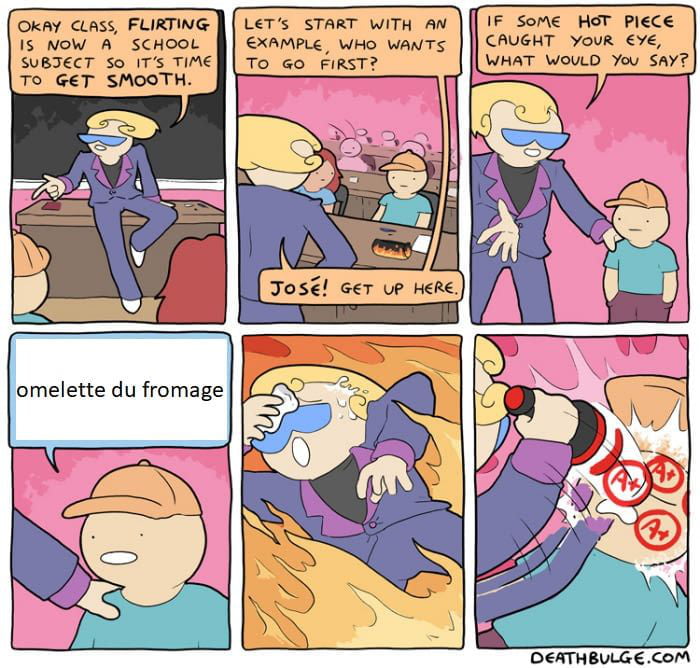
• Is the gadget in the child's hands an educational toy or a time bomb?
• What threats does a person face in cyberspace?
• Computer games: a new sport or a time killer?
• Is too much information dangerous for a person?
• What technical advances do I expect from humanity in the next 20-30 years?
QUOTATIONS
Here are some quotes to help answer the above questions. These aphorisms can be used as an epigraph, or can be added to the text itself.
• The creation of artificial intelligence may be the last technological achievement of mankind if we do not learn to control risks.
( S. Hawking )
• An irreversible trend, often referred to as progress, is to strip the human body and mind of their protective properties in order to move them into the technical realm of artificial existence.
( J. Baudrillard )
• It is necessary, of course, to strive for technical progress in medicine, but in such a way as not to lose the precious qualities of a doctor - cordiality, love for people, humanity.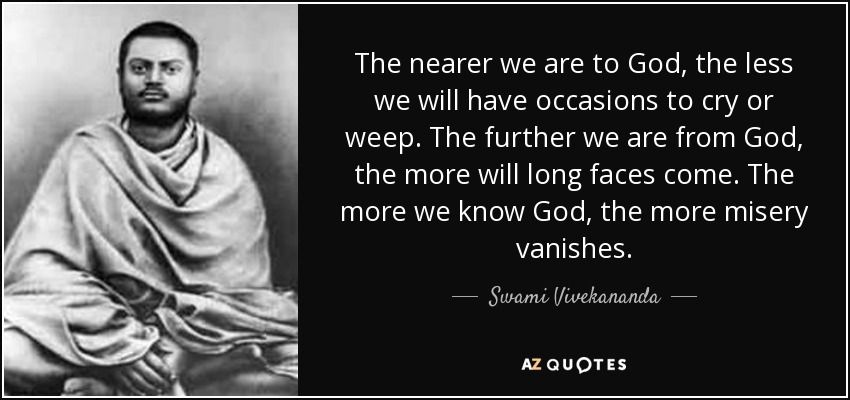
( A.F. Bilibin )
• True freedom comes when you are unavailable or out of network coverage.
( F. Begbeder )
• A wealth of information leads to poor attention.
( G. Simon )
• Progress is going in circles, but faster and faster.
( Leonard Louis Levinson )
• Earth is not the eternal and only shelter of mankind, but only its cradle, the starting point of an endless adventure.
( A. Azimov )
• To live and believe is wonderful!
Unprecedented ways are before us.
Astronauts and dreamers say,
That apple trees will bloom on Mars!
( E. Dolmatovsky )
Finally, according to the new tradition, we offer two literary works and one film. Yes, yes, it is also possible to talk about films in the final essay - and if you enter creative areas (actor, director, producer, etc. ), you even need to.
), you even need to.
BOOKS
Ray Bradbury. The Visit (1984)
A short story by a classic of American literature invites reflection: is technology really as bad as people think it is? On the one hand, Ray Bradbury wrote many works in which progress led to disasters. What is the program novel-dystopia "451 degrees Fahrenheit" worth, where people - with the connivance of the authorities - were locked in their rooms with "television walls": instead of spending time with family and friends, they "communicate" with the heroes of entertainment programs reminiscent of modern talk shows like Doma-2. No less severe is The Martian Chronicles, a collection of short stories about the conquest of the Red Planet by earthlings. In one of the stories, it turns out that life existed on Mars, but modern forwarders, without knowing it, destroyed it. The culprit turned out to be a virus that does not pose a particular danger to earthlings, but turned out to be fatal for brothers in mind.
However, in the story "The Visit" the story takes place not in the distant future, but in the 1980s. We meet Mrs. Hadley, who has lost her only son. The woman learns that his internal organs were transplanted to several seriously ill people - and, wanting to make sure that the death of a young man was not in vain, she seeks a meeting with one of the patients. Bypassing all the rules, she learns the name and address of the young man who was transplanted with the heart of her late son ... Will a strange meeting be able to reconcile Mrs. Hadley with what happened?
Ray Bradbury wrote the story in 1984 after reading a newspaper article about the death of a young actor and the subsequent transplant of his heart to another young man. Just imagine how many people have since undergone organ transplants - and are alive and well! And yet - it sounds like another fiction of science fiction, but no! - at the moment, an artificial heart has been developed - a device that a seriously ill person can use while waiting for a "real" donor organ.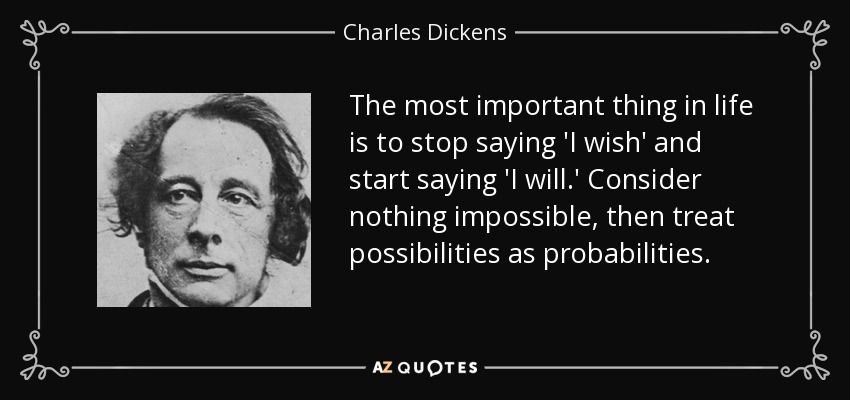 And how many wonderful discoveries lie ahead!..
And how many wonderful discoveries lie ahead!..
Natalya Vishnyakova . “Don’t Cry” (2020)
In the debut novel by the modern writer N. Vishnyakova, technology appears only as a tool, and how to use it - for the common good or, on the contrary, for cruel pranks or revenge - everyone decides for himself. One of Vishnyakova's characters, Kostya, who is chained to a wheelchair for the rest of his life, thanks to the Internet, he studies, relaxes, and communicates with friends. But most importantly, he finds the key to a family secret that has worried him all his adult life. Why did dad “resettle” Kostya to his grandmother and so rarely visits, although he seems to love his son? The game of a spy goes nowhere further, the secret becomes clear, and the family, having overcome the inevitable crisis, takes cautious steps towards a new, much happier life.
Another heroine of Vishnevskaya, Yulia, is also always on the phone: she participates in an unusual challenge, where she was "dragged" by a young man she likes. .. But aren't his puzzles becoming too dangerous? And is it worth proving something to a person who is not ready to give love just like that, but demands to deserve it?
.. But aren't his puzzles becoming too dangerous? And is it worth proving something to a person who is not ready to give love just like that, but demands to deserve it?
Despite the rather impressive - 240-page - volume, the story is read easily and with pleasure, and the arguments from it will be useful not only in the final essay, but also in the exam in Russian and literature.
MOVIE
Minamata/The Great (2020), dir. E. Levitas
American documentary photographer Eugene Smith, who became famous for reporting during the Second World War, cannot find any use in peacetime. Once he had a large family - a wife and five children - but, being constantly on business trips, he almost did not spend time with his family, so his wife left, and the children do not show a desire to communicate with the "prodigal" father. Now Smith lives alone, barely making ends meet - all the money goes to pay child support - and drowns grief in alcohol. But one day the illustrious master hears a knock on the door: a small delegation from Japan came to him.
But one day the illustrious master hears a knock on the door: a small delegation from Japan came to him.
It turns out that a chemical plant located in Minamata Bay has been dumping waste products into a lake where the local poor fish for decades. Thousands of people suffer from mercury poisoning, their children are born disabled. But the director of production claims that the waste is carefully filtered - and in the office of a high-ranking businessman there is a poster where he is depicted with a glass of water from Minamata ... Finally, if the plant closes, how will the hard workers feed their families? Yes, and chemicals in the twentieth century - an irreplaceable thing. In particular, for the production of photographic films, which brought fame to Eugene Smith ...
Based on a true story and screened at the Berlin International Film Festival, this film asks us to reflect on the price humanity pays for the latest technological advances. It also shows that, unfortunately, justice does not always prevail. But all the same, the struggle against arbitrariness is sacred - and retribution has already been prepared for businessmen who profit from the suffering of their neighbors: thanks to people like Eugene Smith, the whole world will know about their atrocities.
But all the same, the struggle against arbitrariness is sacred - and retribution has already been prepared for businessmen who profit from the suffering of their neighbors: thanks to people like Eugene Smith, the whole world will know about their atrocities.
Two days for worldwide responsiveness. How Pushkin's speech by Dostoevsky almost reconciled the entire intelligentsia
Text: Igor Virabov
In 1880 the first monument to Pushkin was opened. The event was extraordinary - for a variety of reasons. From the very beginning of 1880, everything went awry. On February 5 (17) a bomb exploded in the Winter Palace. Interior Minister Loris-Melikov (nicknamed "the dictator of the heart") was busy thinking about a soft constitution - and for the fifth time he missed the bombers. The peasant son Stepan Khalturin carried explosives into the palace wine cellar - right under the hall where the royal family sat down to dine. Accidentally late and remained intact. Killed 11, wounded 56 soldiers of the Finnish Regiment. The king was worried: but did the princess hurt Ekaterina Dolgoruky ?
Killed 11, wounded 56 soldiers of the Finnish Regiment. The king was worried: but did the princess hurt Ekaterina Dolgoruky ?
But a new trouble follows. On May 26 (June 6) they were going to open the monument - and on the 22nd, the wife of the liberator tsar died of consumption. Alexander II was in terrible grief: on the same day he wrote in his diary, after talking with the minister of the imperial court: "Adlerberg, having presented many objections, does not advise me to enter into a new marriage."
The king wanted to marry the princess immediately. The court split into two parties. The wedding will still take place in July. Morganatic Dolgorukova will become Grand Duchess Yuryevskaya. The yard was in a fever. Which one is Pushkin . Whose party will take? - such was the question. May 1880 split the entire court elite. All this is in the memoirs of the same Adlerberg.
Sculptor A.M. Opekushin.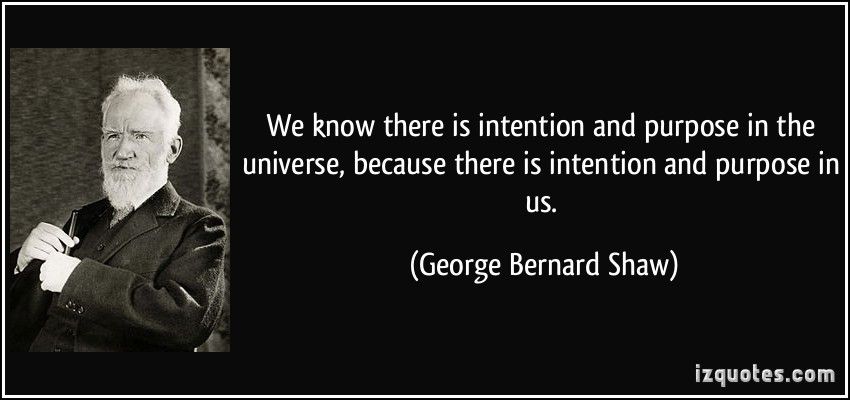 Photo: rg.ru
Photo: rg.ru
Will be resolved soon. Alexander II will die at the hands of the People's Will. Princess Yuryevskaya and her children will finally be removed from the throne. Villains, of course, will be condemned. But the main thing is that the party of the heir, now Alexander III, will win.
But this is in March 1881. In the meantime, in 1880, the death of the Empress shifted Pushkin's holiday from May 26 (June 6) to June 6 (18).
* * *
But - no matter how you look - the cracks always ran from above. Such a secret connection. The question of the monument grew into the present Borodino.
All near-literary circles, parties were preparing to decide once and for all: whose - Pushkin? Who is he with? Three huge figures stood in the center of everyone's attention. Turgenev. Dostoevsky. And Tolstoy.
Lev Nikolaevich refused to come immediately - they say, these games of an educated society (and Pushkin himself) are far from the people. A rumor was immediately spread: Tolstoy had gone mad.
Someone in the Administrative Commission demanded that Dostoevsky not be allowed to speak - a year ago he allowed himself a remark that was offensive to Turgenev. Dostoevsky demanded a clarification: should he coordinate his speech with censorship if Turgenev dispensed with it? They are constantly whispering something in their ear.
Two party columns were marching towards the monument to Pushkin, mirroring each other.
"Westerners" put forward Turgenev at the head - someone noticed: in a Parisian tailcoat of fashionable cut. The "Slavophiles" followed Dostoevsky - and here they have their own touch: a frock coat after insomnia, a white tie almost untied.
At the monument to Pushkin in Moscow, 1900s
* * *
The monument was opened on the sixth - but the main thing began on the seventh. Listened to Turgenev's speech. Ivan Sergeevich called the poet Pushkin: a) the first, b) magnificent, c) central. With Shakespeare or Goethe did not put close and did not call him a "national poet".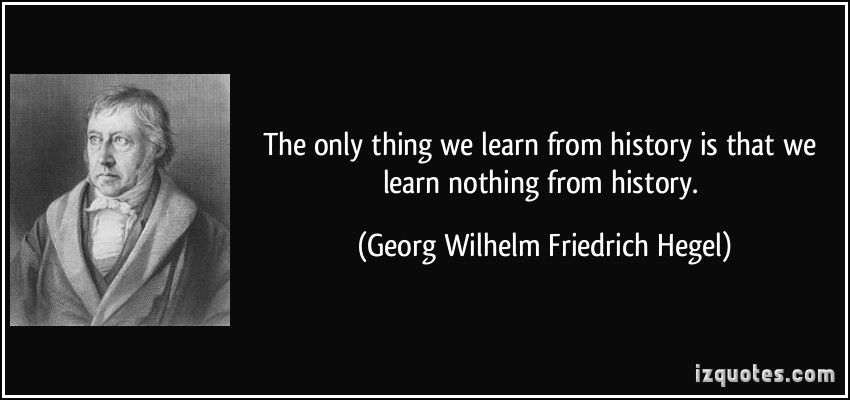 That is, he said both "yes" ("we do not dare to take away "), and "no" (we do not dare to give"). It was not bad, - Ivan Aksakov quipped , - but still liquid. Dostoevsky wrote to his wife Anna: at the morning reading Turgenev "humiliated Pushkin by depriving him of the title of national poet."
That is, he said both "yes" ("we do not dare to take away "), and "no" (we do not dare to give"). It was not bad, - Ivan Aksakov quipped , - but still liquid. Dostoevsky wrote to his wife Anna: at the morning reading Turgenev "humiliated Pushkin by depriving him of the title of national poet."
What will happen tomorrow? On Sunday, June 8, 1880, they were waiting for Dostoevsky's words. Fyodor Mikhailovich started immediately thickly, densely. "Pushkin is an extraordinary phenomenon and perhaps the only manifestation of the Russian spirit", - said Gogol . I'll add on my own: and prophetic."0153 "I wanted to indicate only the following four points in the meaning of Pushkin for Russia" . What are these items?
L. E. Dmitriev-Kavkazsky. Pushkin. Etching with a portrait-remark of F. Dostoevsky. 1880/ dostoevskiy-lit.ru
* * *
ABOUT "RUSSIAN Wanderer" AND "PROUD MAN".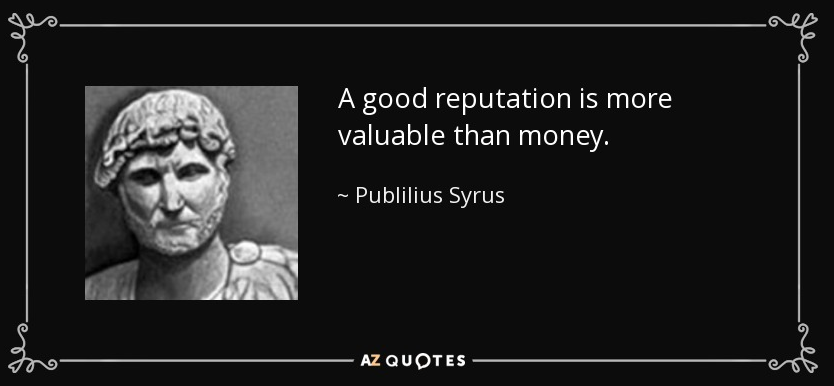 "Pushkin was the first ... to find and note the most important and painful phenomenon of our intelligent society, historically cut off from the soil, rising above the people ... A person who is worried and not reconciled, who does not believe in his native soil and native forces, Russia and himself in the end denying himself do nothing with others who do not want and sincerely suffer" .
"Pushkin was the first ... to find and note the most important and painful phenomenon of our intelligent society, historically cut off from the soil, rising above the people ... A person who is worried and not reconciled, who does not believe in his native soil and native forces, Russia and himself in the end denying himself do nothing with others who do not want and sincerely suffer" .
WHY TATYANA DID NOT LEAVE OLD HUSBAND. “And now she firmly says to Onegin: “But I am given to another / And I will be faithful to him for a century” ... Is it because she refused to follow him, because she, “like a Russian woman” (and not a southern or some kind of French is not capable of taking a bold step? No, a Russian woman is bold. A Russian woman will boldly go after what she believes in, and she proved it ... But what kind of happiness can there be if it is based on someone else's misfortune?"
"It can even be said that such a beautiful positive type of Russian woman has almost never been repeated in our fiction - except perhaps for the image of Lisa in Turgenev's "Noble Nest".
WHAT PUSHKIN KNOWN BUT SHAKESPEARE DIDN'T KNOW. "Point at least one of the "European" great geniuses who would have such an ability of universal responsiveness as our Pushkin. And it is precisely this ability that he shares with our people, and that, most importantly, he is a people's poet ... Even in Shakespeare, his Italians are almost entirely English."
ABOUT THE WORLDWIDE RESPONSIBILITY OF RUSSIANS . “Our people precisely contain in their souls this inclination to universal responsiveness and to reconciliation, and have already shown it more than once in the entire bicentenary since the reform of Peter the Great ... “Really ... they won’t let and won’t allow the Russian organism to develop nationally, with its organic strength, but certainly impersonal, servilely imitating Europe?.."
* * *
And the speech ended with a graceful stroke. And now we are unraveling this mystery without him.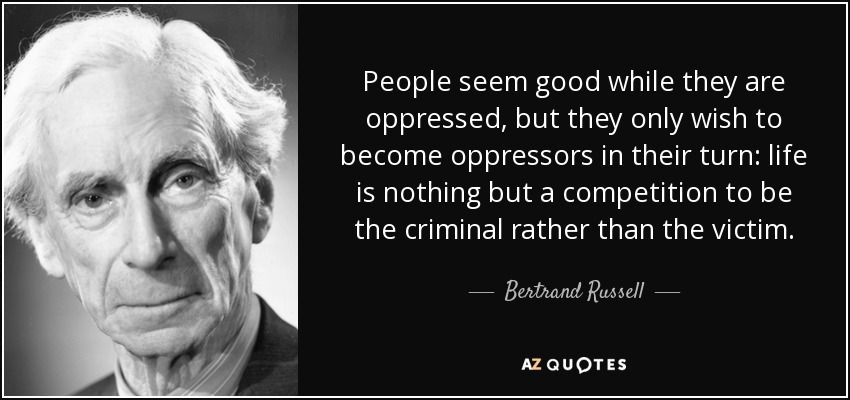 "
"
What happened next? A fit of happiness. Fyodor Mikhailovich described him in a letter to his wife. "When I proclaimed at the end about the universal unity of people, the audience was in hysterics, when I finished, I will not tell you about the roar, about the cry of delight: people unknown to the audience wept, sobbed, hugged each other and swore to each other to be the best, not to hate each other in the future, but to love ... Turgenev, about whom I put a kind word in my speech, rushed to hug me with tears. Annenkov ran up to shake my hand and kiss my shoulder. "You are a genius, you are more than a genius! "- they both told me ... From now on, brotherhood comes and there will be no confusion."
Young writer Lidia Nelidova noticed - "the movement of the hand, the kiss sent by Turgenev to Dostoevsky at the moment when he was talking about Lisa from the Noble Nest in his speech... And after all, Turgenev's impulse was sincere, uncontrollable. After Dostoevsky Ivan Aksakov was supposed to speak. He came out and announced that there was nothing better to say. They embraced Turgenev. Together, they took him off the stage under the arms of the pale triumphant Dostoevsky. "
After Dostoevsky Ivan Aksakov was supposed to speak. He came out and announced that there was nothing better to say. They embraced Turgenev. Together, they took him off the stage under the arms of the pale triumphant Dostoevsky. "
* * *
What was that? Is it hypnosis? Almost fraternized. They parted - and immediately quarreled again.
An anecdote came out the next day. Like, Dostoevsky was talking to someone - all of a sudden from behind: "Aaah, Fyodor Mikhailovich!" - Turgenev with hugs. Dostoevsky in horror: "Moscow is great, but there is nowhere to hide from you!" And well, run.
In August Turgenev wrote to Annenkov: "I'm terribly tempted to say a word about this - but I'll probably restrain myself... though I shouldn't."
Yes, if Turgenev and Dostoevsky really wanted to, they would not be allowed to get along. The idea is required. Converge - only interrupting each other. And there will be happiness.
But there was a holiday - was there? And Pushkin is right in the middle.